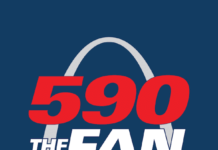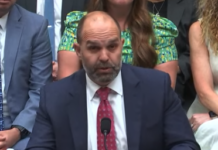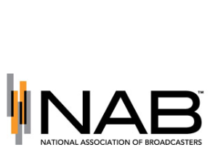
As radio broadcasters begin to test the waters of FM geotargeting, GeoBroadcast Solutions is defending its ZoneCasting technology from the NAB and broadcast groups after an FCC query for additional industry input on specific technical and operational issues.
GBS reports piqued interest in the new booster capability since the FCC’s interim approval started in May. Licensed FM stations are now able to experiment with originating programming on up to 25 FM booster stations, each permitted to broadcast unique content for up to three minutes per hour.
Applications for 21 new boosters have been filed, in markets from Seattle to Jackson, MS, serving Spanish-speaking communities and indigenous populations.
The NAB expressed significant concerns about the FCC’s recent approval of GeoBroadcast Solutions’ ZoneCasting technology for FM radio geo-targeting through booster stations. The NAB argues that ZoneCasting may disadvantage smaller peripheral radio stations by enabling larger central stations to capture local advertising, potentially lowering ad rates and diverting resources from less affluent areas.
In its reply, GBS tells the FCC it generally supports reporting that addresses predicted interference, but requests, “That the Commission make clear it will enforce its standard rule against frivolous filings against any filers raising unfounded predictions about interference issues.”
GBS argues against overly prescriptive FCC regulations regarding the synchronization of primary and booster signals. They advocate for allowing engineers to determine the best parameters based on specific local conditions, which they say would prevent unnecessary regulatory burdens.
It also addresses its support for the FCC’s proposal for broadcasters to notify relevant parties when deploying program-originating boosters. This requirement is seen as crucial for coordinating with existing broadcast services and emergency alert systems, ensuring that all operational boosters maintain compliance and transparency.
Press Communications joined in with objections of its own, highlighting concerns about the sufficiency of GeoBroadcast Solutions’ engineering proofs to ensure the absence of harmful FM interference and its potential impact on Emergency Alert System performance.
GBS supports the idea that broadcasters using program originating boosters should notify the FCC, FEMA, and other EAS participants. However, GBS notes that current FCC rules already require such broadcasters to disclose necessary details through the EAS Test Reporting System, eliminating the need for new notification rules. Addressing the FCC’s concerns about standard essential patents, GBS believes that existing market dynamics and the diversity of available technologies do not necessitate new FCC rules on patent licensing. They argue that the market itself can ensure fair and reasonable licensing terms without explicit regulatory mandates.
In the way of political advertising rules, GBS recommends that program-originating boosters be considered separate facilities. This approach would allow these boosters to provide localized content, including political ads, without conflicting with broader broadcasting regulations that might apply to the main station.
Finally, GBS supports the introduction of a Public Interest Certification to ensure that the deployment of these boosters serves the local communities effectively. Such a certification would likely include assessments of how the boosters contribute to local news, emergency broadcasting, and other community-oriented services.








